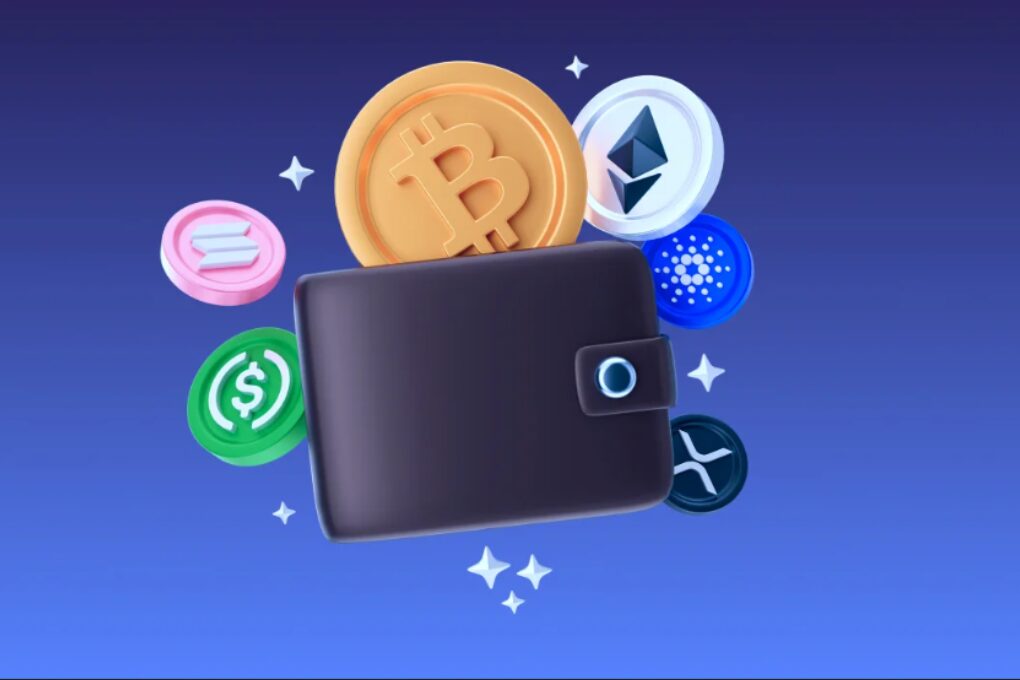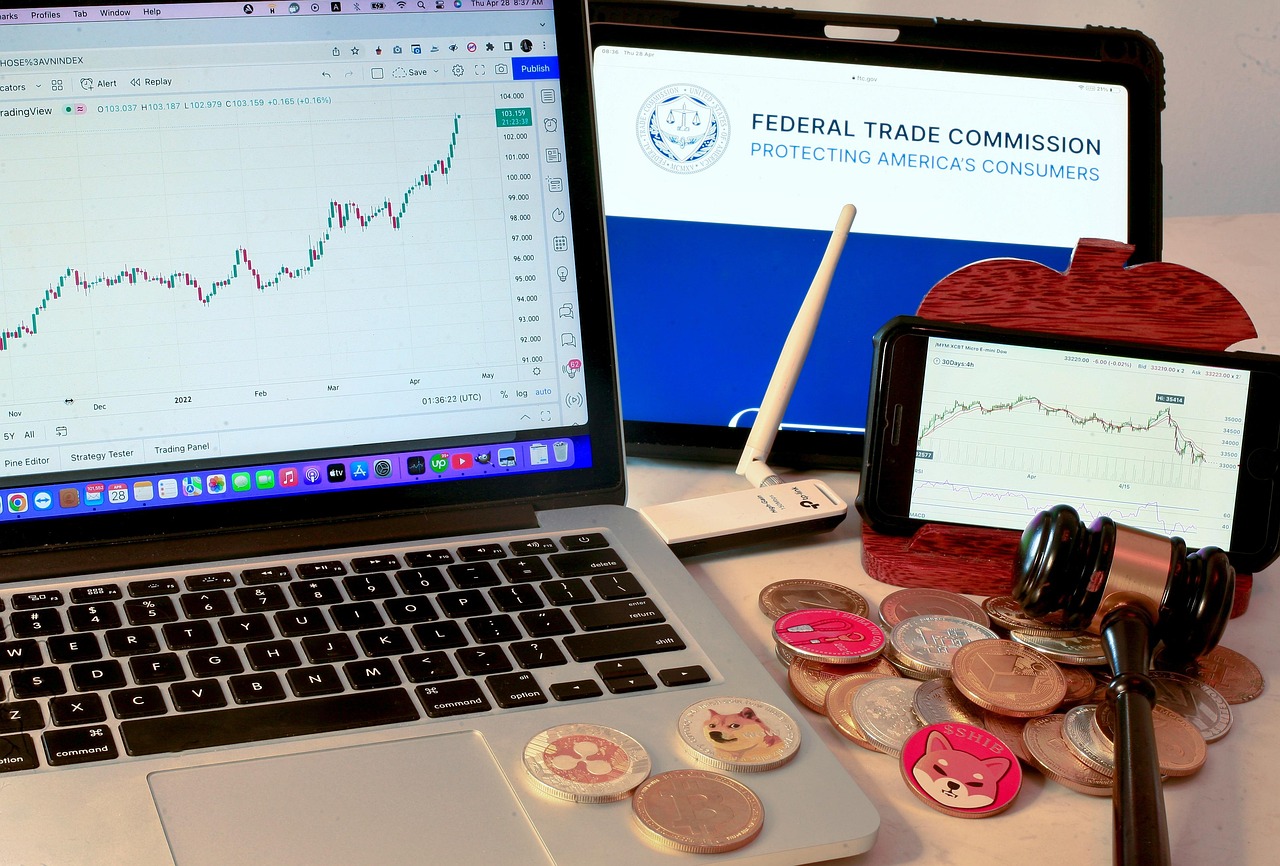With millions of people investing in crypto, securing your digital assets in 2025 is more important than ever. As cryptocurrencies become mainstream, hackers and scams are also on the rise. That’s why having the best crypto wallet is a must.
According to Statista, over 500 million people worldwide now own cryptocurrencies in 2025, and this number is still growing. But with adoption comes risk cybercriminals have stolen billions of dollars in crypto over the years.
What Is a Crypto Wallet?
A crypto wallet is a tool that lets you store, send, and receive cryptocurrencies securely.
- Hot Wallets → Connected to the internet (apps, web, browser extensions). Convenient but more vulnerable.
- Cold Wallets → Offline storage (hardware devices, paper wallets). Safer from hacks but less convenient.
How they work:
- Your wallet holds private keys (like a password) that give you access to your funds.
- Public keys (like your account number) allow others to send crypto to you.
Why it matters in 2025: With scams and exchange collapses still happening, self-custody is becoming the golden rule. If you don’t control your keys, you don’t truly own your crypto.
How to Choose the Right Crypto Wallet
Picking the right crypto wallet depends on your needs, but a few key factors should guide your choice:
- Security – Look for wallets with features like two-factor authentication (2FA), biometric login, and strong encryption. For maximum safety, hardware (cold) wallets are the best option.
- Ease of Use – If you’re new to crypto, choose a wallet with a clean interface and simple setup. Mobile wallets often balance convenience with functionality.
- Supported Coins – Not all wallets hold every cryptocurrency. Make sure your wallet supports Bitcoin, Ethereum, and any altcoins or tokens you plan to store.
You’ll also need to decide between:
- Custodial Wallets – Managed by a third party (like an exchange). Easy to use but you don’t fully control your private keys.
- Non-Custodial Wallets – You own the private keys and have complete control, but also full responsibility for keeping them safe.
Best Mobile Wallets in 2025
For traders and investors who want access to their crypto anytime, mobile wallets are the most convenient option. They let you send, receive, and manage your coins directly from your smartphone, making them perfect for on-the-go use.
Modern mobile wallets in 2025 combine ease of use with strong security features like biometric login, multi-factor authentication, and encrypted backups. Many also support multiple blockchains, NFTs, and even DeFi apps, giving users more flexibility.
Some of the most popular mobile wallets include MetaMask, Trust Wallet, Coinbase Wallet, and Exodus, all known for their clean interfaces and wide coin support. With these apps, even beginners can securely store and trade crypto without complicated setups.
Factors to Consider When Choosing the Best Crypto Wallet
Before picking a wallet, think about:
- Security features – 2FA, PINs, biometrics, encryption
- Ease of use – beginner-friendly design, mobile apps, desktop versions
- Supported cryptocurrencies – some wallets only store Bitcoin, others handle 500+ tokens
- Backup & recovery – easy recovery with seed phrases in case you lose access
- Reputation & trust – community reviews, open-source code, company background
- Cost & fees – hot wallets are free, but hardware wallets cost $50–$200
Types of Crypto Wallets in 2025
- Hot Wallets
- Apps, browser extensions, and web wallets
- Best for small amounts & frequent trading
- Cold Wallets
- Hardware devices or paper wallets
- Best for large, long-term holdings
- Custodial Wallets
- Wallets managed by exchanges (easy but less secure)
- Non-Custodial Wallets
- You control the private keys (safer, but more responsibility)
10 Best Crypto Wallets in 2025
Here’s our carefully curated list of the top wallets for security, features, and ease of use.
1. Ledger Nano X
- Type: Hardware Wallet
- Why it’s great: Bluetooth support, works with over 5,000 coins
- Best for: Long-term investors
2. Trezor Model T
- Type: Hardware Wallet
- Why it’s great: Touchscreen, excellent security, open-source
- Best for: Security-conscious users
3. MetaMask
- Type: Hot Wallet (Browser/Mobile)
- Why it’s great: Essential for Ethereum, DeFi, and NFTs
- Best for: Web3 users
4. Trust Wallet
- Type: Mobile Wallet
- Why it’s great: Supports 70+ blockchains, integrated DApps
- Best for: Mobile-first crypto holders
5. Coinbase Wallet
- Type: Hot Wallet
- Why it’s great: User-friendly, integrates with Coinbase exchange
- Best for: Beginners
6. Exodus Wallet
- Type: Desktop/Mobile Wallet
- Why it’s great: Built-in exchange, sleek interface
- Best for: Everyday investors
7. Binance Wallet
- Type: Exchange Wallet
- Why it’s great: Works with Binance ecosystem, staking available
- Best for: Traders on Binance
8. Electrum
- Type: Bitcoin Wallet (Desktop)
- Why it’s great: Ultra-secure, fast, highly customizable
- Best for: Bitcoin purists
9. Atomic Wallet
- Type: Multi-Crypto Wallet
- Why it’s great: Supports 300+ coins, staking & swaps
- Best for: Altcoin investors
10. SafePal S1
- Type: Hardware Wallet
- Why it’s great: Affordable, supports many coins, app integration
- Best for: Budget-friendly cold storage
Security Best Practices for Using Crypto Wallets
Even the best wallet won’t protect you if you’re careless. Follow these tips:
- Write down and securely store your seed phrase
- Enable multi-factor authentication
- Keep your wallet software and firmware updated
- Store hardware wallets in a safe location
- Watch out for phishing links and fake apps
Wallets With Built-in Exchange Features
Some crypto wallets in 2025 come with built-in exchange functions, letting you swap one cryptocurrency for another directly inside the app—no need to move funds to a third-party exchange. This makes trading faster, more private, and often safer since your coins never leave your wallet.
For active traders, this feature is a big advantage. It saves time, reduces transaction fees, and lowers the risk of exposing your assets on external platforms. Wallets like Exodus, MetaMask, and Trust Wallet already offer integrated swaps, while newer wallets are expanding these features with advanced options like cross-chain swaps and DeFi integrations.
Multi-Currency Wallets
In 2025, most crypto users don’t just hold Bitcoin they also invest in Ethereum, stablecoins, and a variety of altcoins. A multi-currency wallet allows you to store, send, and receive multiple assets in one place, removing the hassle of juggling different wallets for each coin.
Why does multi-chain support matter? Because the crypto world is expanding across different blockchains. A wallet that supports Bitcoin, Ethereum, and popular altcoins ensures flexibility, easier portfolio management, and fewer transfer fees. Many of these wallets also connect with DeFi platforms, NFTs, and staking services, giving you more ways to grow your holdings.
Popular multi-currency wallets in 2025 include Ledger Live, Trust Wallet, and Exodus, all of which support hundreds of tokens across major blockchains.
Future of Crypto Wallets
As the number of people using cryptocurrencies grows, crypto wallets will likely get safer, easier to use, and more integrated in the future. New trends include non-custodial wallets that give users full control over their private keys, making them safer, and multi-chain wallets that let users handle assets across different blockchains without any problems. Biometric identity, the ability to use hardware wallets, and more advanced encryption methods are making it harder to hack and steal. Wallets are also changing to handle DeFi, NFTs, and metaverse assets.
This lets users use a single interface to interact with all of their decentralized apps. Mobile and browser-based wallets are also getting easier to use. This is part of an effort to connect standard finance with digital assets, which will make crypto available to more people. Instead of just being places to store your crypto, wallets are becoming more like banking hubs that handle everything.
Visual Insight – Crypto Wallet Market Growth
| Year | Global Wallet Users | Growth % |
|---|---|---|
| 2021 | 70M | – |
| 2023 | 150M | +114% |
| 2024 | 300M | +100% |
| 2025 | 500M+ | +67% |
Conclusion
Choosing the best crypto wallet in 2025 depends on your needs:
- Ledger/Trezor if you want maximum security
- MetaMask/Trust Wallet if you’re into DeFi and NFTs
- Coinbase/Exodus if you’re a beginner
Your wallet is your digital safe pick wisely and always stay secure.
FAQs
1. What is the safest crypto wallet in 2025?
Hardware wallets like Ledger Nano X and Trezor Model T are the safest.
2. Which wallet is best for beginners?
Coinbase Wallet and Trust Wallet are easy for new users.
3. Do I need both a hot and cold wallet?
Yes, many investors use hot wallets for daily use and cold wallets for savings.
4. Can I store NFTs in these wallets?
Yes, wallets like MetaMask, Trust Wallet, and Coinbase Wallet support NFTs.
5. Are hardware wallets worth the cost?
Absolutely if you hold significant crypto, a hardware wallet is essential for safety.
6. How do I recover my wallet if I lose access?
Most wallets provide a recovery or seed phrase. Write it down and store it securely, as it’s the only way to restore your funds.
7. Do crypto wallets charge fees?
Wallets themselves are often free (except hardware), but you’ll pay network transaction fees when sending crypto.
8. Which wallets support the most cryptocurrencies?
Trust Wallet, Atomic Wallet, and Ledger Nano X support hundreds of coins and tokens, making them great for diverse portfolios.
9. Can I keep my crypto on an exchange wallet?
You can, but it’s risky. If the exchange is hacked or shuts down, you could lose funds. That’s why non-custodial wallets are safer.
Disclaimer
This content is for educational purposes only and should not be considered financial advice. Cryptocurrencies are volatile and risky. Always do your own research and consult a financial advisor before investing.




Your point of view caught my eye and was very interesting. Thanks. I have a question for you. https://www.binance.com/lv/register?ref=SMUBFN5I